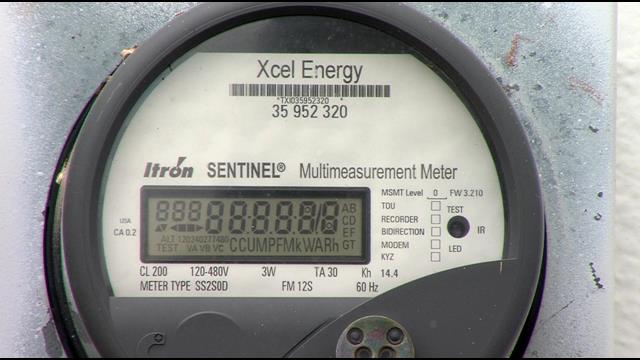 How the words “SHALL” and “MAY” are used in a bill can make all the difference. And, so it is with HB18-1270 “Public Utilities Commission Evaluation of Energy Storage Systems.”
How the words “SHALL” and “MAY” are used in a bill can make all the difference. And, so it is with HB18-1270 “Public Utilities Commission Evaluation of Energy Storage Systems.”
According to the summary on the Colorado General Assembly Web site:
The bill directs the public utilities commission to adopt rules establishing mechanisms for the procurement of energy storage systems by investor-owned electric utilities, based on an analysis of costs and benefits as well as factors such as grid reliability and a reduction in the need for additional peak generation capacity. The information supplied by the utilities must include appropriate data and must specify interconnection points to enable independent evaluation.
What’s not to like, right? The actual text of the bill for starters. Two concerning sections:
First:
ON OR BEFORE FEBRUARY 1, 2019, THE COMMISSION SHALL [emphasis mine] CONSIDER WHETHER TO ESTABLISH, BY RULE, AS PART OF THE PLANNING PROCESS,MECHANISMS FOR THE PROCUREMENT OF ENERGY STORAGE SYSTEMS BY AN ELECTRIC UTILITY…
Second:
SUCH BENEFITS AND COSTS MAY [emphasis mine] INCLUDE:
(a) A REDUCTION IN THE NEED FOR THE ADDITIONAL GENERATION OF ELECTRICITY DURING PERIODS OF PEAK DEMAND;
(b) REDUCED GENERATION INTEGRATION COSTS;
(c) AVOIDED OR ADDED COSTS TO THE ELECTRIC UTILITY FOR THE INTEGRATION OF ENERGY SYSTEMS;
(d) THE BENEFITS ARISING FROM A REDUCTION IN THE EMISSION OF AIR POLLUTANT;
(e) THE BENEFITS OF DIVERSIFYING THE TYPES OF RESOURCES USED FOR THE GENERATION OF ELECTRICITY;
(f) THE ADMINISTRATIVE COSTS INCURRED BY THE ELECTRIC UTILITY; AND
(g) THE COST OF ENERGY STORAGE SYSTEMS
In other words, the Colorado Public Utilities Commission MUST consider whether or not energy storage should be part of a utility planning process. And cost to ratepayers? Well, that MAY or MAY NOT be taken into consideration. Right now, this legislation applies to “investor owned utilities,” meaning monopolies such as Xcel Energy and Black Hills, which profit from adding more stuff — like utility scale battery storage — to their asset base on which they get an authorized rate of return of roughly 10 percent. Those of us paying the bill won’t have any choice but to pay the price.
I’m sure the bill sponsors’ (see below) intentions are good, but the language is not. This bill, which looks to enable industrial wind and utility scale solar at any cost, passed the State House on a 62-0 vote. Let’s hope the State Senate does a better job of reading the language before rubber stamping utility scale battery storage without safeguards for how much it will cost captive ratepayers.
Bill Sponsors:
House
Chris Hansen (D-Denver) and Jon Becker (R-Fort Morgan)
Senate
Jack Tate (R-Centennial)
Lobbying in support (from the Secretary of State Web site):
League of Women Voters of Colorado
Recurrent Energy, LLC (San Francisco-based utility solar company)
If lawmakers really want to pass this bill, they should consider reversing how the two words are used. The Commission MAY consider whether or not to include utility scale battery storage in future planning, and it SHALL consider the cost to ratepayers. Otherwise these two words could end up costing captive ratepayers a fortune.









